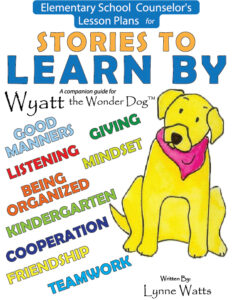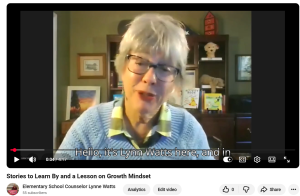The Growth Mindset and Success
Growth Mindset is the Key to Success
Which statement describes what you believe:?
- You can learn new things but you really can’t change your IQ very much. Your IQ is something that is just part of your DNA.
- You can not only learn new things but substantially change how intelligent you are.
In her book Mindset: The New Psychology of Success, Carol Dweck distinguishes between two very different mindsets that she discovered among students in her research. She describes them like this:
The fixed mindset is one where the student believes that their personality, their intelligence, ability or skill is unchangeable. Consequently, if you have a fixed mindset and you happen to do well in school you were obviously born smart and without too much effort you will ace the next test and ultimately the class. The flip side of this mindset is the belief that if you were born without the necessary intelligence or athletic ability, it doesn’t matter how much effort you put in, you will not be successful or attain your goals. Students with fixed mindsets tend to avoid challenges and situations that seem too hard.
The growth mindset is one where a student believes that their personality, intelligence, ability or skill is changeable and with focused effort and training they can change the outcome. If you are failing algebra class, you can redouble your efforts, learn the necessary material and pass the class. Students with growth mindsets tend to embrace challenges. Rather than wallow in failure or give up when the going gets tough, they focus instead on the process necessary to attain the goal.
Changing Fixed to Growth
Here’s how we as adults can help children develop a growth mindset, (yes even our mindset can be changed)…
- Help children recognize that learning is truly a life long process. We never arrive at the final destination. No matter how advanced your knowledge of math, or technology or a sport, there is always more to learn. That is why the great athletes still have coaches.
- Help children re-frame failure and disappointing results as an opportunity to learn and grow. Encourage them to ask “What can I learn from this?” and “Where is the opportunity in this?” rather than focus on comparing themselves to others’ results and abilities.
- Help children measure growth and success by comparing their current abilities with where they started rather than comparing their current ability with the end result or someone else. While goals help us chart the course, it is not a good yardstick for measuring achievement.
Finally, one of the best ways to influence the children in your life is by recognizing and if necessary, changing your own mindset from fixed to growth. Make sure you are modeling and reinforcing a growth mindset in all you do.
School Counselor Resource
Need grab and go lessons to teach students about growth mindset and learning new things? Grab a copy of The Elementary School Counselor’s Stories to Learn By.

This book is a treasure trove of lessons, activities and discussion starters to nurture tomorrow’s leaders through developing critical thinking skills and growth mindset. It includes a lesson plan based on ASCA standards for each of the nine Wyatt picture books as well as activities, games, word searches, coloring sheets and learning assessments.


[…] the growth mindset and success […]
[…] The growth mindset and success […]
[…] It promotes a growth mindset– Problems in most stories, just as in real life aren’t solved immediately. In fact, it often takes many tries to solve the problem with sub plots and distractions, false starts and mistakes. Thinking of our lives in the same way gives us confidence to kept trying even when we fail. […]